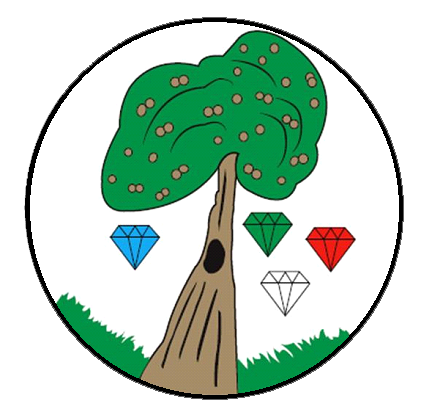Learning Hub
Speaking and Listening
Intent
Speaking and listening is vital within the Gem Federation curriculum and is developed from EYFS. We believe spoken language underpins the development of reading and writing and understanding across the curriculum. The quality and variety of language that pupils hear and speak are vital for developing their vocabulary and grammar and their understanding for reading and writing. Through developing their skills and ability in spoken language and listening, pupils are enabled to communicate their understanding and clarify their thinking.
Implementation
Through our curriculum, the learner as a speaker & listener is taught to:
- listen carefully and attentively in a range of contexts
- speak clearly and convey ideas confidently using Standard English including reading aloud
- justify ideas with reasons
- ask questions to check understanding;
- develop vocabulary and build knowledge across the curriculum
- negotiate; evaluate and build on the ideas of others
- select the appropriate register for effective communication.
- give well-structured descriptions and explanations
- develop their understanding through speculating, hypothesising and exploring ideas.
- use and explore the spoken word in a range of contexts, including presentations, debates and drama
- speak audibly and confidently before an audience
Impact
Children will leave the Gem Federation able to listen carefully and attentively and speak clearly. They will be able to ask deep and meaningful questions to improve their understanding and take part in collaborative discussions. They will be confident in speaking in a range of situations, in front of a range of audiences and be able to express their ideas clearly. Children will demonstrate the ability to use a range of vocabulary, which will mean they can fully understand what they are hearing and they are able to articulate what they want to say. They will be equipped, not only with the skills to speak and listen effectively using standard English but to be able to apply these in their everyday lives and in their next stages of education- for research, information and to explore the world.
